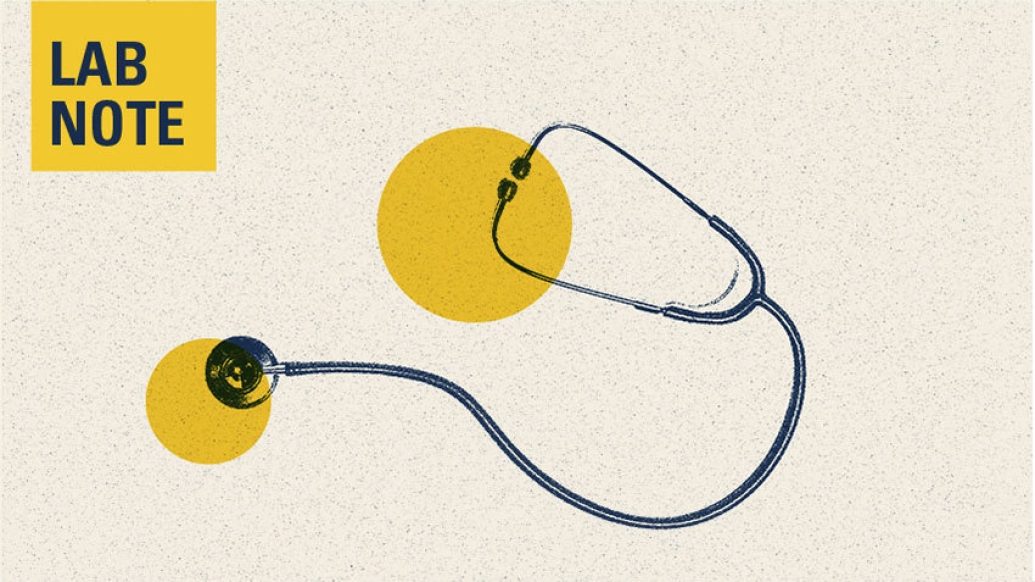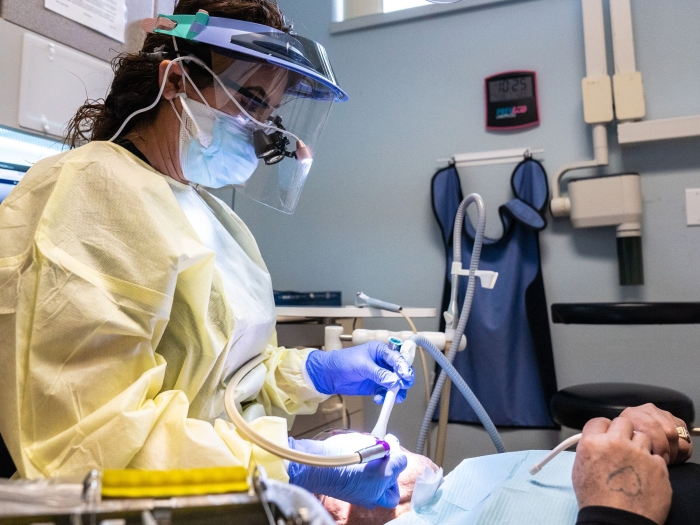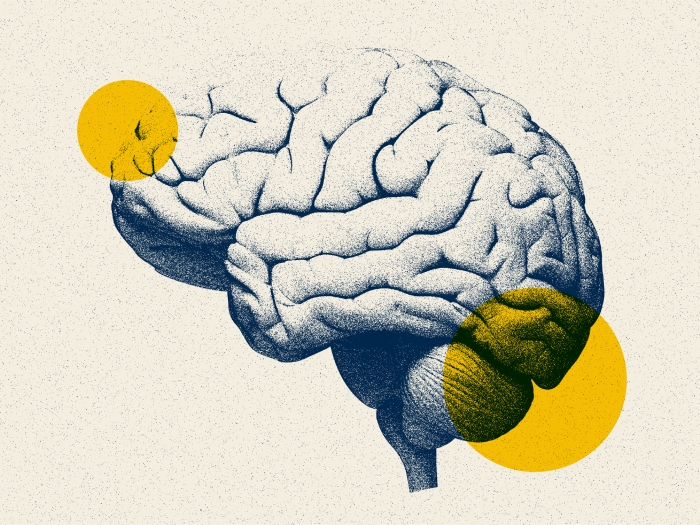The findings open up potential to test for biomarkers and facilitate more focused management of patients with the condition.
5:00 AM
Author |

Of the 37 million Americans with diabetes, up to 50% may end up with nerve damage, or diabetic neuropathy, that can be painful and disabling.
While some medications can reduce pain, scientists continue searching for factors that cause patients to develop diabetic neuropathy – to identify ways to reduce the risk of harmful symptoms.
One study at Michigan Medicine finds multiple lipid biomarkers are linked to the development of neuropathy in patients with type 2 diabetes.
Researchers examined serum samples from nearly 70 members of the Gila River Indian community with type 2 diabetes who were tested for neuropathy 10 years later. They analyzed 435 different species of lipids, which are organic compounds composed of fats and oils.
Results published in the Annals of Clinical and Translational Neurology reveal that participants with high scores for diabetic neuropathy had changes in lipids reflecting impaired energy metabolism.
"We have the potential to test for these lipid biomarkers in patients with type 2 diabetes to identify those with the highest risk of developing peripheral neuropathy and facilitate more focused management of those patients," said senior author Eva L. Feldman, M.D., Ph.D., James W. Albers Distinguished Professor at U-M and the Russell N. DeJong Professor of Neurology and director of the NeuroNetwork for Emerging Therapies at Michigan Medicine.
SEE ALSO: New guideline urges ditching opioids for painful diabetic neuropathy
While there were differences between basic lipid profiles of participants with and without neuropathy, researchers found a pattern in blood lipid profiles 10 years prior to a person developing neuropathy that showed signaling dysfunction in a critical pathway called b-oxidation. This pathway converts lipids into sources of nerve energy, and, when impaired, energy-starved nerves undergo damage, leading to neuropathy.
"As we learn more about the relationship between serum lipid species and neuropathy, it will open up the possibility of targeted therapeutic treatment, both with drugs and lifestyle interventions," Feldman said. "Our findings support the concept that unsaturated healthy fats are a better source of energy for nerves than highly saturated fats. We strongly recommend a Mediterranean-type diet to maintain a healthy nervous system."
SEE ALSO: How Diabetes and Obesity Affect the Brain
Feldman also advocates exercise, which increases the efficiency of the b-oxidation pathway. "Engaging in a healthy diet and exercise program is the key to preventing neuropathy," she said.
Like Podcasts? Add the Michigan Medicine News Break on Spotify, Apple Podcasts or anywhere you listen to podcasts.
Additional authors include Farsad Afshinnia M.D., Evan L. Reynolds Ph.D., Thekkelnaycke Rajendiran, Ph.D., Tanu Soni B.S., Jaeman Byun Ph.D., Masha G. Savelieff Ph.D., Brian C. Callaghan M.D., Subramaniam Pennathur M.D., all of University of Michigan, Helen C. Looker Ph.D., Robert G. Nelson M.D., both of the National Institute of Diabetes and Digestive and Kidney Diseases, George Michailidis Ph.D., University of Florida.
This study was funded by the National Institute of Diabetes and Digestive and Kidney Diseases from grants R 24 DK082841 and K99 DK129785.
Paper cited: "Serum lipidomic determinants of human diabetic neuropathy in type 2 diabetes," Annals of Clinical and Translational Neurology. DOI: 10.1002/acn3.51639
Live your healthiest life: Get tips from top experts weekly. Subscribe to the Michigan Health blog newsletter
Headlines from the frontlines: The power of scientific discovery harnessed and delivered to your inbox every week. Subscribe to the Michigan Health Lab blog newsletter

Explore a variety of healthcare news & stories by visiting the Health Lab home page for more articles.

Department of Communication at Michigan Medicine
Want top health & research news weekly? Sign up for Health Lab’s newsletters today!





